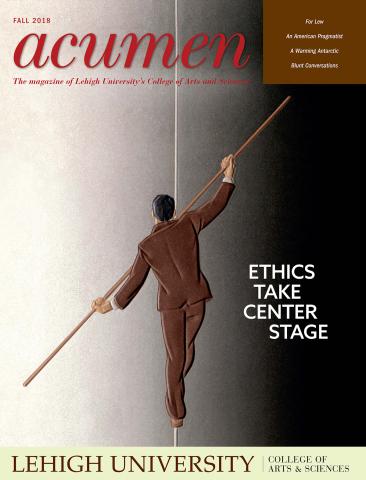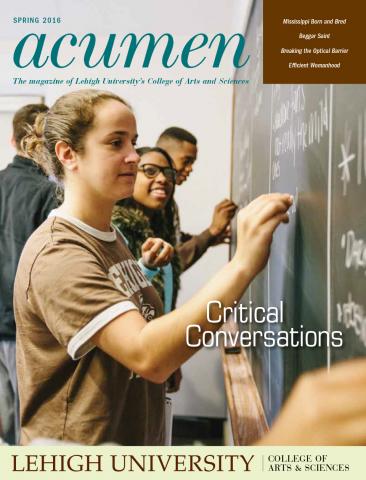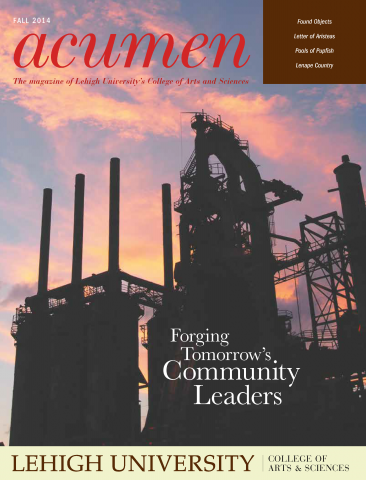
The American Dream, the belief that every American should have an equal opportunity to achieve success and prosperity through hard work, determination and initiative, is a notion accepted by many. Yet, a “glass ceiling”—an invisible barrier keeping women and minorities from rising above a certain level in a socio-economic hierarchy—is generally understood to exist. Recent findings by sociologist Heather Johnson indicate the presence of not just a glass ceiling, but a “glass floor.” She argues that the glass floor is the flip-side of the glass ceiling—an invisible barrier generally preventing people from historically advantaged groups from much downward mobility.
Johnson, associate professor of sociology in the department of sociology and anthropology, is studying an intangible but very sociologically real structural barrier that keeps children of affluent families of origin from “falling” too far below a certain level in the American social class hierarchy. She posits that an invisible safety net exists in socio-economically privileged families and social networks where downward mobility is constrained to a great extent—and it goes unquestioned.
Supported by a New Directions Fellowship through the College of Arts and Sciences, Johnson’s team interviewed 40 families from the Lehigh Valley whose income and net worth were in the top 2 to 20 percent. The team interviewed one or both parents in their home, and the interviews were, on average, three hours long. Parents discussed in detail how they were raising their children, especially around issues of money, wealth, class and status. The Lehigh Valley makes an excellent laboratory for such a study because the region is demographically nearly identical to the nation, Johnson notes. The interviews provided incredibly rich data.
“They talked amazingly openly about what I argue makes the glass floor,” she says. “They talked about buying a home in the right neighborhood, about paying for private school or paying for college. It’s about private tutoring in math when their child needs help. They’re emphasizing tons of extracurricular activities and travel.
“There are the intangibles like having manners, shaking people’s hands, looking people in the eye, navigating authority,” Johnson says. “They’re telling their kids the world is their oyster. They can do anything. Anything you want to do, you can do it. We’ll pave the way for you. It’s about giving their children the opportunities to be exposed to the world, and giving them the best childhood they can, and to be connected to the right people. They are giving their kids tons of social capital.”
Johnson’s research will culminate in a book, The Glass Floor, which will provide a glimpse into the inner-workings of social class reproduction in America’s upper-middle class. She says the resulting book will shed light on how social class inequality is being produced and reproduced in the United States today and will further our understanding of privilege, disadvantage and social change.
“I want this to be a book that crosses over and is more than an academic book. It will be of interest to families, and the subject is timely and relevant,” she says. “In America, we have a truly stratified society, and we can’t deal with what we know as the glass ceiling until we better understand the culture of wealth that allows the glass floor to stay in place.”
































